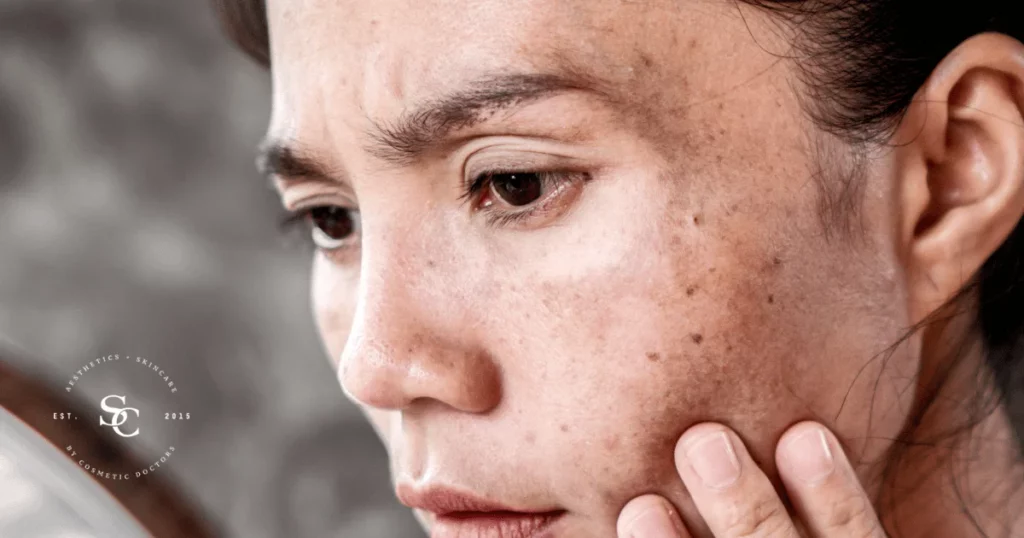Face
- Dermal fillers
- Frown line filler
- Cheek filler
- Lip filler
- Lip flip
- Lip lift
- Bio Remodelling Filler
- Brow lift
- Fox eye thread lift
- Eyelid surgery
- Crows feet treatment
- Forehead fillers
- Under eye filler
- Jawline Contouring
- Jaw fillers
- Masculinisation
- Chin fillers
- Double chin removal
- Chin Implant
- Face slimming
- Nasolabial Fold Filler
- Gummy smile treatment
- Bunny Lines
- Neck lift
- Neck lines treatment
- PDO thread lift
- Anti-wrinkle Treatment
- Russian Lips
- Nose filler
- Temple Filler
- Liquid Facelift
- Hyalase
- Earlobe Repair
- Collagen Stimulating
- Silhouette Soft Thread Lift
- Skin booster injections
- Mint threads
- Aptos threads
- Matrix threads
- Neck fillers
- Tired Eyes Treatment
- Jowls Treatment
- Chin Liposuction
- Face Liposuction
- Full Face Rejuvenation
- Marionette Lines
Body
- Chest wrinkles
- Fat Dissolving
- Vaginal Rejuvenation
- Man Boobs Surgery
- CoolSculpting
- Cellulite Treatment
- Calf Slimming
- Excessive Sweating Treatment
- Butt Fillers
- Non-Surgical Butt Fillers
- Non-Surgical Breast Lift
- Brachioplasty
- Fat Freezing Treatment
- O Shot Injection
- Penis Enlargement
- Erection Enhancement
- Filler Migration Treatment
- Pelvic Congestion Syndrome
- Breast Augmentation
- Hip dip fillers
- Liposuction
- Ankle Liposuction
- Thigh Liposuction
- Knee Liposuction
- Stomach Liposuction
- Vaser Liposuction
- Arm Liposuction
- Leg Liposuction
- Calf Liposuction
- Back Liposuction
- Mummy Tummy Liposuction
- Tummy Tuck
- Shoulder Slimming
- Bra Fat Dissolving
- Trapezius Slimming
Skin
- IPL Treatment
- Cosmelan Peel
- Laser Skin Treatments
- Skin Tag Removal
- Mole Removal
- Skin Needling
- Morpheus 8 Laser
- Subcision
- Skin Tightening
- Chemical Peels
- Rosacea Treatment
- Cherry Angioma Removal
- Laser Skin Resurfacing
- Pigmentation
- Melasma
- LED Light Therapy
- Acne Treatment
- Scar Removal treatment
- Back Acne Scars
- Stretch Marks removal
- Skin Hydration Injections
- Fraxel Laser
- PRP Injections
- Laser Rejuvenation
- Hand Rejuvenation
- Laser Hair Removal
- Laser Tattoo Removal
- Plasma pen treatment
- Spots Treatment
- Laser freckle removal
- Blackheads Removal
- Sun Damage Skin
- Lumps and Bumps
- Dull Skin Treatment
- Verruca Treatment
- Skin Redness
- Milia Treatment
Conditions We Treat



















